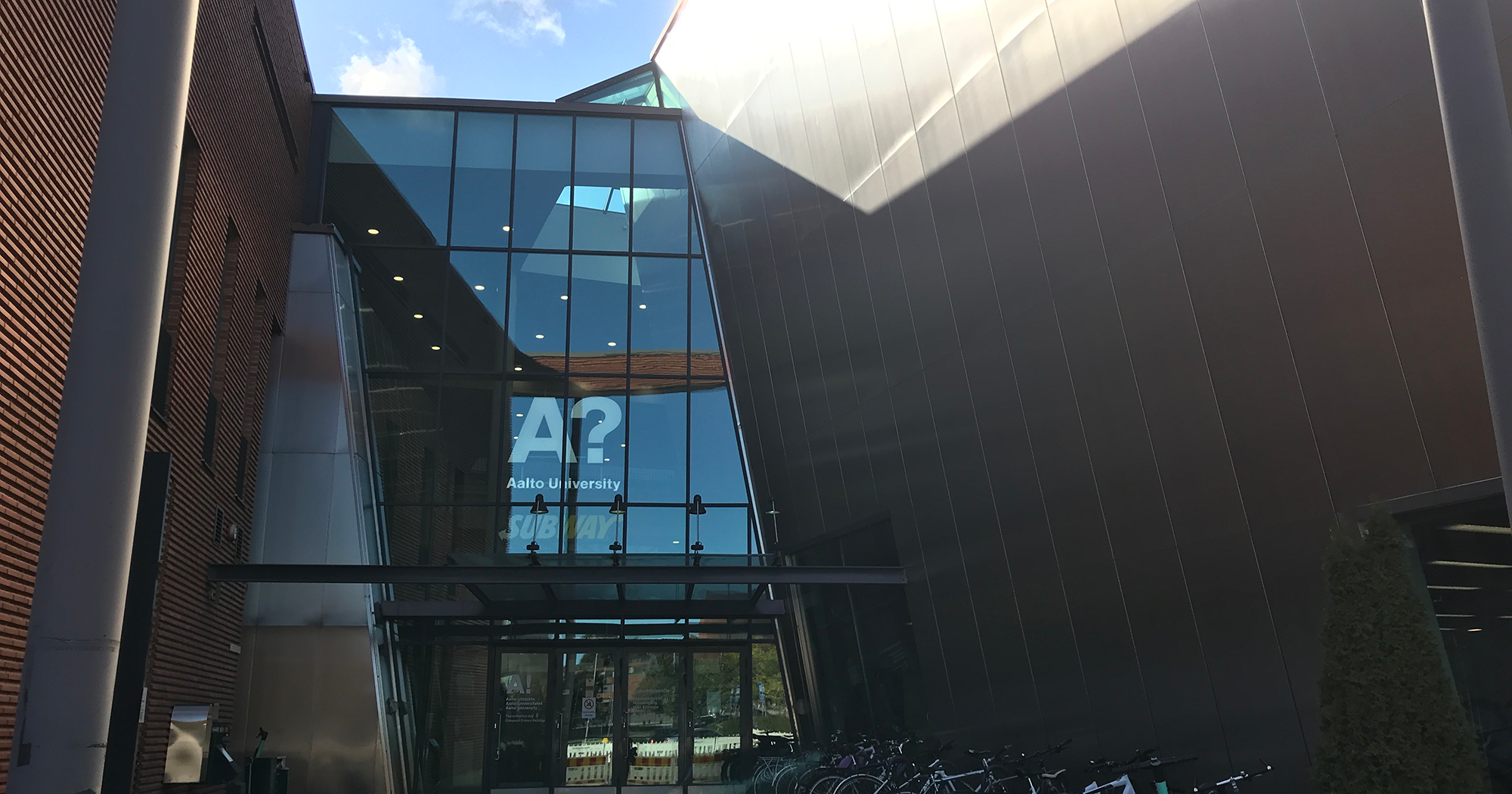Studying Masters in Machine Learning
Jun 23, 2020
I have started studying Machine Learning at Aalto University next to Helsinki in Finland. The programme itself has the very compact name Machine Learning, Data Science and Artificial Intelligence or if that lets you go nuts just Macadamia.
Because many people might be curious what a degree in ML is filled with I wanted to give a quick summary of what I have learned so far. This might be for you if you are interested in studying it yourself, want to extend your own knowledge or just like reading my articles. I am mainly doing this to organise what I have learned and refresh my memory on it.
I wanted to include some words on studying in Finland. However, these turned into some paragraphs so I created a separate post.
Studying Machine Learning

My courses so far:
Term 1 (September-December)
- Machine Learning: Basic Principles
- Algorithmic Methods of Data Mining
- Bayesian Data Analysis
- Reinforcement Learning
- Structure and Operation of the Human Brain
Term 2 (January-May)
- Advanced Probabilistic Methods
- Kernel Methods in Machine Learning
- Deep Learning
- Introduction to Universal Artificial Intelligence
- Mobile Systems Security
- Cognitive Neuroscience
As you can see there are a lot of courses on mathematical concepts that occur in ML: algorithmics, statistics, kernel methods and so on. Apart from these fundamentals, which also introduce algorithms important for data science, some courses go into advanced concepts commonly used today: deep learning and reinforcement learning.
Further, I have taken an elective course, universal AI, that goes more into a specific domain. This course also had by far the fewest participants – which is exactly the opposite of what I expected.
You might have not missed that I have taken some courses in neuroscience. The programme is very liberal in what courses you can take. In most cases, one course has 5 credits. In the programme, 35 credits are compulsory, at least 20 credits need to be electives from ML, and 30 credits are given by the Master thesis. This leaves 35 credits for all other Master courses at the university – and Aalto has quite a comprehensive selection of programmes and university-wide courses.

The neuroscience courses at Aalto have been one of the reasons I decided to study there. I have been very interested in artificial general intelligence after my Bachelors and, for me, understanding the brain was a fundamental part of this. After taking these courses, I also found that neuroscience itself is so exciting I could even leave away the “artificial” part for the beginning – we will see how things turn out.
I took another non-ML course on security. For practical reasons, it happened to be the one on mobile systems. Because everything is ML related today this course, naturally, also had ML-related content and it has been a nice introduction to security in the ML domain (and to security in mobile systems as well!). Security in computer science is something everyone working in that subject should be somewhat familiar with.
In further posts, I will write about some of the courses in more detail. As soon as these are published I will link them from here.
I hope this gives you a good overview for the beginning! Stay tuned for the detailed summaries!
If you enjoyed reading this post, I would love to get some feedback. Give feedback, write a comment, or enable analytics (you can click on "Cookie Policy" on the bottom left of the page). Thank you!